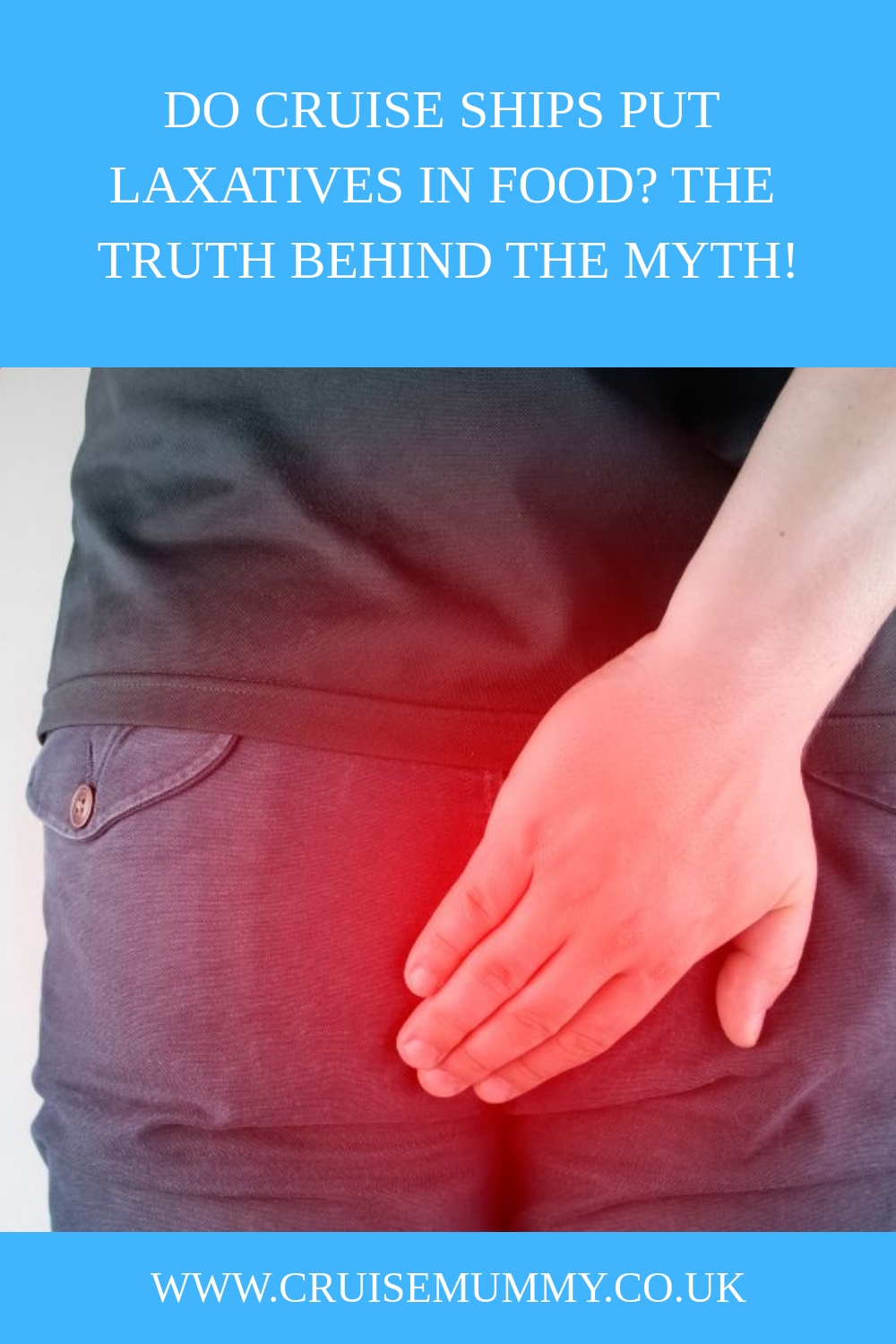There’s a rumour circulating online that cruise ship chefs intentionally put laxatives in food to keep the ship’s plumbing working properly.
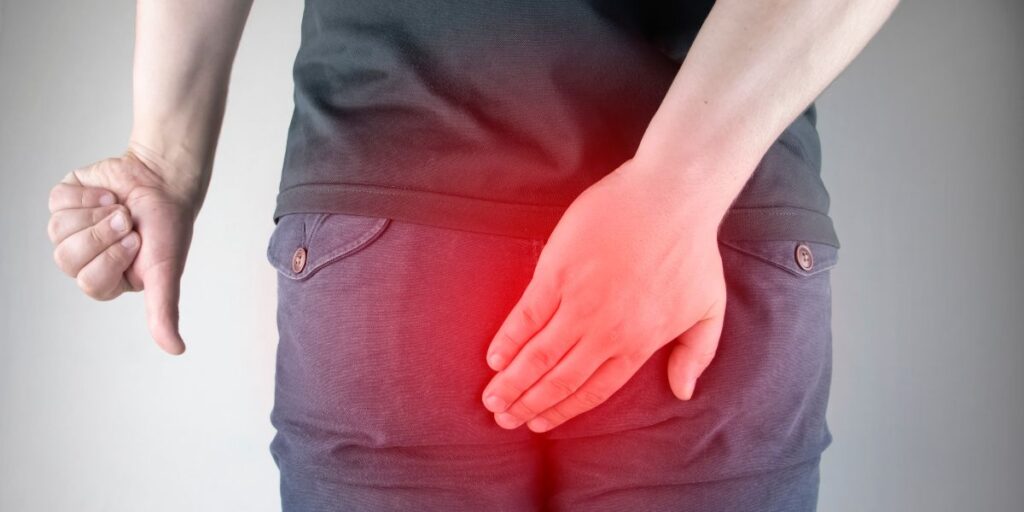
This belief may have been fuelled by the fact that certain food items served on board, like those high in fat, can have a laxative effect.
But surely – surely – they can’t be actually putting laxatives into the food they’re preparing just to make sure the ship’s plumbing runs smoothly… Right?
Breaking Down the Myth: Cruise Ships and Laxatives
Of course cruise ships don’t put laxatives in the food!
Any connection with that sort of ‘laxative effect’ of high fat foods is purely coincidental and not a deliberate attempt by the crew members to prevent the plumbing from getting clogged or backed up!
Cruise lines have strict food safety protocols in place. The emphasis is on maintaining a clean and safe environment, rather than resorting to dubious methods to ensure that the plumbing works properly.
The myth that laxatives are covertly added to cruise ship food is often circulated among first-time cruisers. However, this is a complete fabrication. There is no need for laxatives as cruise ship toilets are designed well enough to handle large quantities of pee, poop and paper.
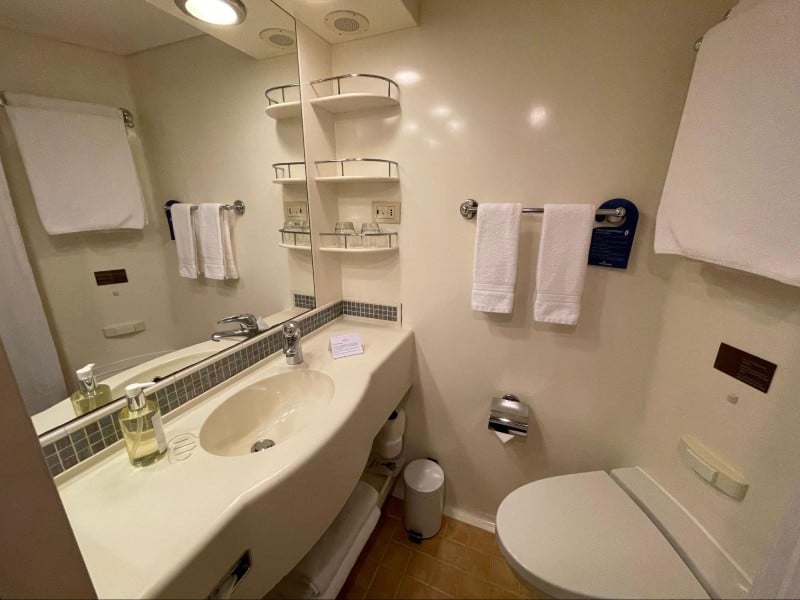
And of course, it would be both unethical and illegal for chefs to add laxatives to food without the knowledge or consent of the guests.
That said, my friend Emma Cruises discovered on a Royal Caribbean cruise in Japan, that Coca-Cola Plus is often served instead of Coke Zero – and this drink can indeed have a laxative effect due to the extra fibre!
Reasoning Behind the Myth: Do Cruisers Need Laxatives?
One theory behind this myth is that the change in diet, sparked by the abundance and variety of food on a cruise ship, can lead to irregular bowel movements.

The introduction of certain foods, such as powdered eggs, can naturally stimulate the digestive system without the need for laxatives.
Plus, with drink packages, most cruisers will consume more alcohol and sugar-free soft drinks than they usually would at home – both of which can have a laxative effect when consumed in excess.
Any initial discomfort experienced by passengers is often short-lived and can be managed with balanced eating and regular exercise. The cruise ship medical team are also on hand to provide advice and assistance, should any more serious concerns arise.
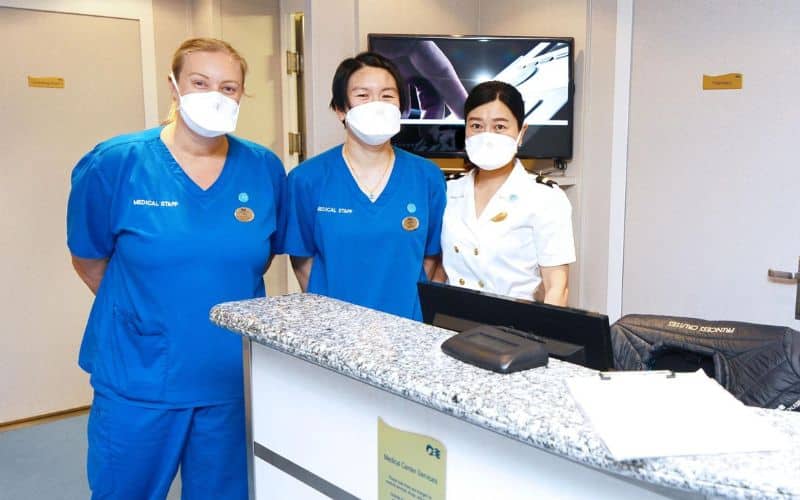
Ultimately, it’s important to remember that while a cruise ship vacation may involve indulging in a variety of rich and exotic foods, moderation is key. This will not only ensure a comfortable journey but also dispel any fears of unwanted laxative effects.
What To Be Cautious Of To Avoid Stomach Upsets
Sometimes, diarrhoea at sea can be the result of a mild stomach bug, rather than laxatives. Diseases like norovirus may spread more quickly at sea where people are in close contact.
1. The Pools And Hot Tubs
You can easily catch germs from using the pool or hot tub with someone who has an upset stomach. So for that reason, if you ever experience diarrhoea on a cruise ship, it’s vital that you avoid swimming for at least two weeks.
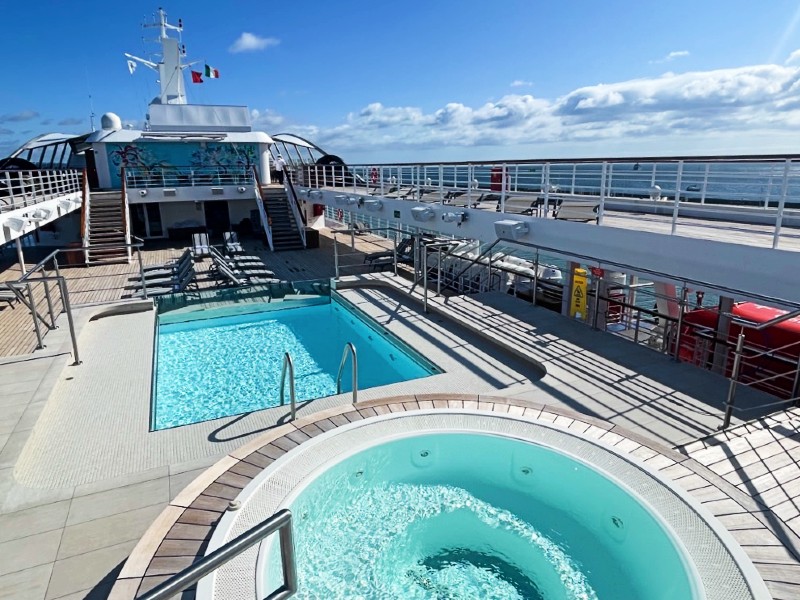
Yes, I know, that’s probably the rest of your cruise. But honestly, it’s only fair that you don’t pass your bacteria or viruses onto anyone else. Serious germs can survive in chlorinated water for days, and could cause others to become very sick if they swallow even a tiny amount of contaminated water.
According to US Law, children in swim diapers are not allowed to use cruise ship pools.
On British-owned cruise ships like those owned by P&O Cruises, kids in swim nappies are allowed in some of the largest, deepest pools. But ships like this are rare, and in most cases, toddlers are confined to a small splash area.

2. Touching Surfaces
If someone with an upset stomach has germs on their hands and then touches a surface, those germs can spread like wildfire. The most common culprits are the elevator buttons, stairway handrails and drinks machines in the buffet.
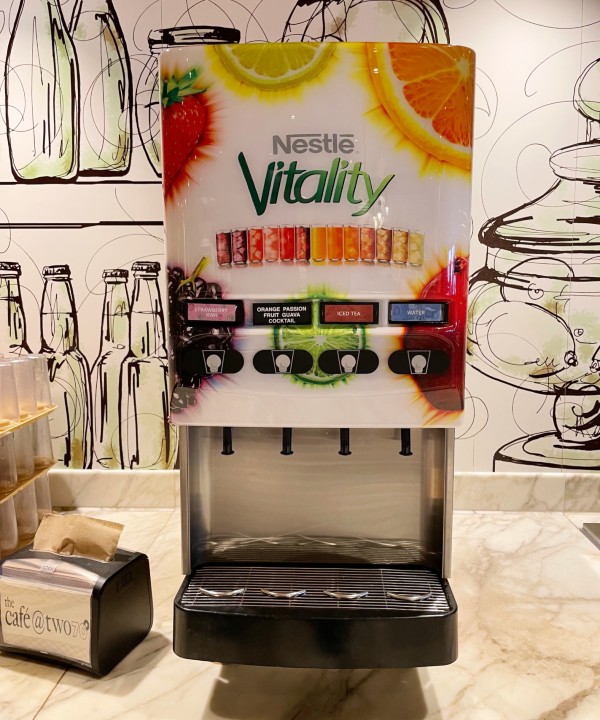
To avoid picking up anything nasty here, I always use my knuckle rather than my finger to call the elevator. You should avoid using handrails unless you have to. If the sea is rough, you can rest your wrist on the handrail so that you can quickly grab it if you need to steady your balance.
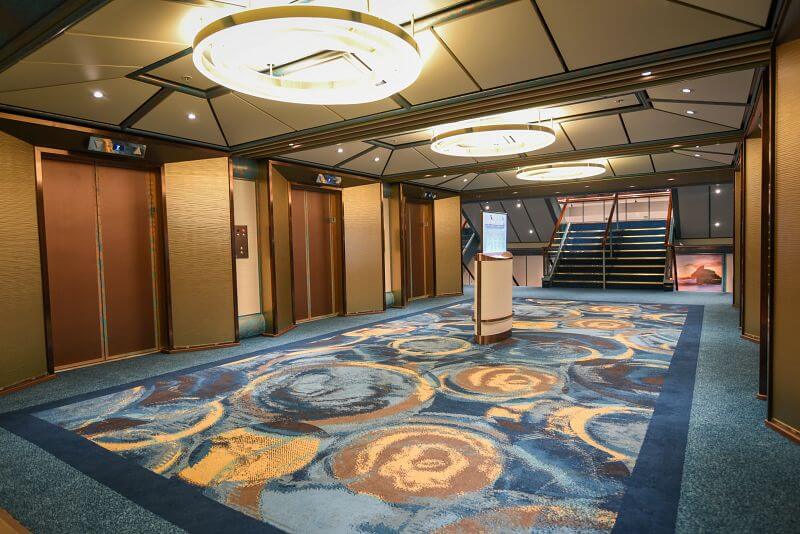
When it comes to the buffet or restaurant, be sure to always wash your hands before you visit. There’s usually a handwashing station available.
Older cruise ships don’t always have handwashing stations, but they should always have sanitiser. That said, it doesn’t hurt to sanitise your hands again in between pressing the button on the water machine and touching your bread roll.
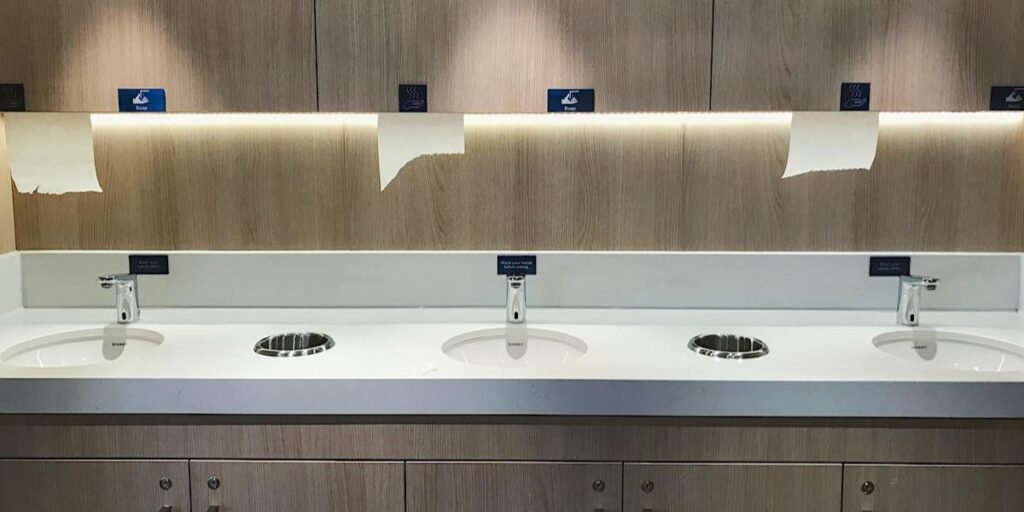
3. The Salad Bar
Many of us enjoy a good salad, especially when we’re trying to eat healthy on vacation. But, you should be cautious when it comes to pre-made salads on cruise ships. There is always a risk of cross-contamination. The vegetables in the salad could have come in contact with meat or other food that is not safe without being cooked.
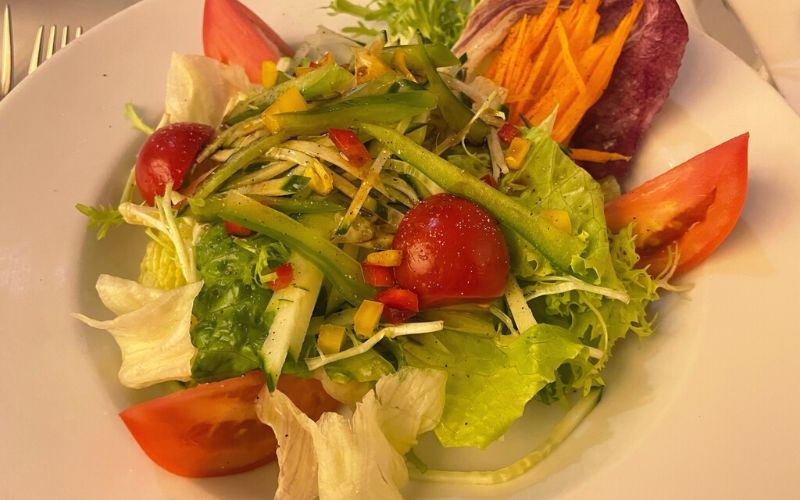
Of course, there are strict rules in place to prevent cross-contamination between meat and salad, but as you’ll see from the case of the MSC Seaside that has in the past failed a hygiene inspection, those rules aren’t always followed.
Most cruise ships are incredibly clean though, so if you’d like to put your mind at rest before your next cruise, be sure to take a look at this list of the cleanest cruise ships in the world.
Understanding Cruise Ship Food Standards
While you may have heard stories of cruise ships secretly adding laxatives to their passengers’ food in cruise forums, these are just rumours.
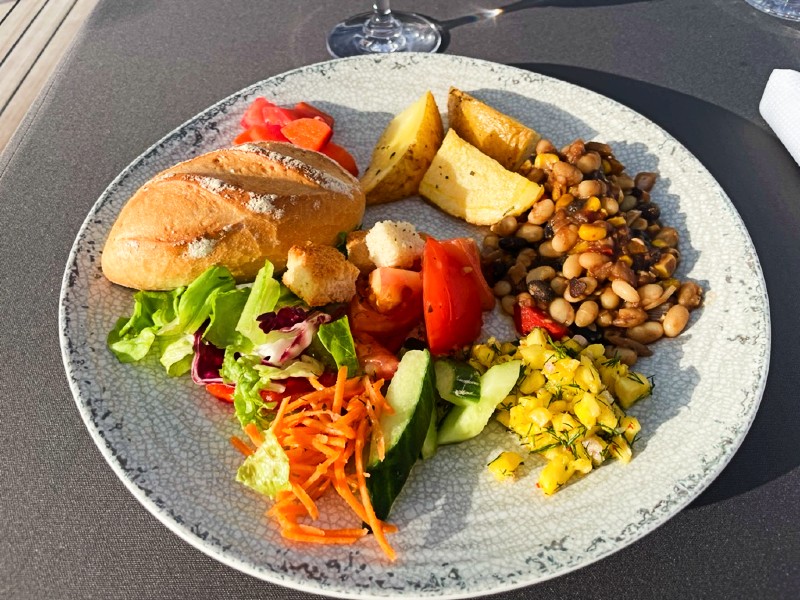
There’s no concrete evidence to support these claims. It’s highly unlikely that cruise ships would resort to such measures, given the strict regulations and inspections they are subjected to.
Rest assured, cruise ship food standards are stringent. They aim to provide a safe and enjoyable dining experience for all their guests. So, while it’s essential to be cautious about what you eat and how you avoid germs, it’s also important not to let unfounded rumours spoil your cruise experience.
How To Deal with Unexpected Food-Related Problems on Board
Food-related issues on a cruise ship can range from minor digestive discomfort to serious illnesses. While the myth of laxatives in food is debunked, over-indulgence in the rich and diverse food offerings can indeed lead to bowel problems.
This is not due to the cruise line adding anything to the food, but rather a result of poor dietary choices and portion control.
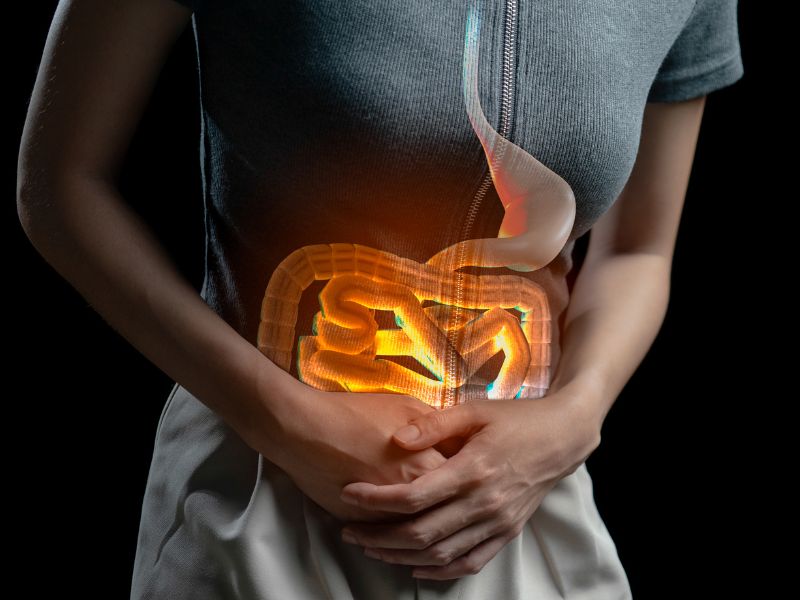
It’s important to be mindful of your eating habits while on board. Moderation is key, and it’s recommended to balance indulgent meals with healthier options.
In case of any food-related problems, cruise ships have medical facilities on board equipped to handle most situations. But if you’re worried about being caught short, then you may wish to pack some medication in your bag, just in case.
Related Topics
- Is Food Included on Cruises?
- These 8 Cruise Lines Have The BEST Food
- Food Really Does Taste Better At Sea: The Scientific Proof!
- Can You Take Food Off a Cruise Ship?
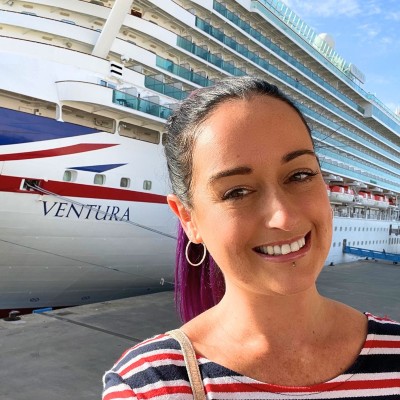
Jenni Fielding is the founder of Cruise Mummy. She has worked in the cruise industry since 2015 and has taken over 30 cruises. Now, she helps over 1 million people per month to plan their perfect cruise holidays.

